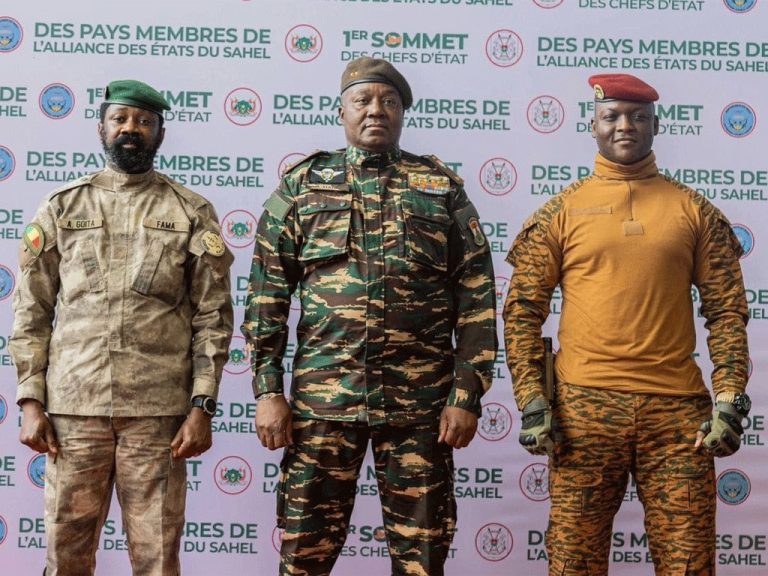Burkina Faso, Mali, and Niger withdraw from Francophonie in pursuit of sovereignty

In a historic move, the member states of the Alliance of Sahel States (AES)—Burkina Faso, Mali, and Niger—have announced their decision to withdraw from the International Organisation of La Francophonie (OIF). This decision, rooted in their pursuit of greater sovereignty and self-determination, marks a significant shift in their approach to international cooperation.
Since their founding roles at the 1970 Niamey Summit, these nations have been key contributors to the growth and development of the Francophonie.
However, recent political challenges and the evolving aspirations of their populations have led them to conclude that the OIF no longer aligns with their needs, particularly in supporting their ongoing transitions and addressing regional priorities.
The AES emphasizes that this withdrawal is not a rejection of multilateralism but rather a strategic realignment toward partnerships that respect national sovereignty and reflect the unique realities of the Sahel region.
Leaders Captain Ibrahim Traoré of Burkina Faso, General Assimi Goïta of Mali, and General Abdourahamane Tiani of Niger have underscored their commitment to fostering alliances that prioritize equality, mutual respect, and tailored solutions to local challenges.
The decision, formally communicated to the OIF in accordance with Article 10 of its Charter, highlights the AES’s determination to redefine its international engagements.
By stepping away from the Francophonie, Burkina Faso, Mali, and Niger aim to strengthen their autonomy, enhance national governance, and pursue collaborations that better address their economic, social, and security concerns.
This move signals a new chapter for the AES, as it seeks to build a future grounded in sovereign choices and regional priorities.
It also reflects a broader trend among Sahelian nations to assert their independence and forge partnerships that align more closely with their strategic goals and the aspirations of their people.
Emile YEMPABE











